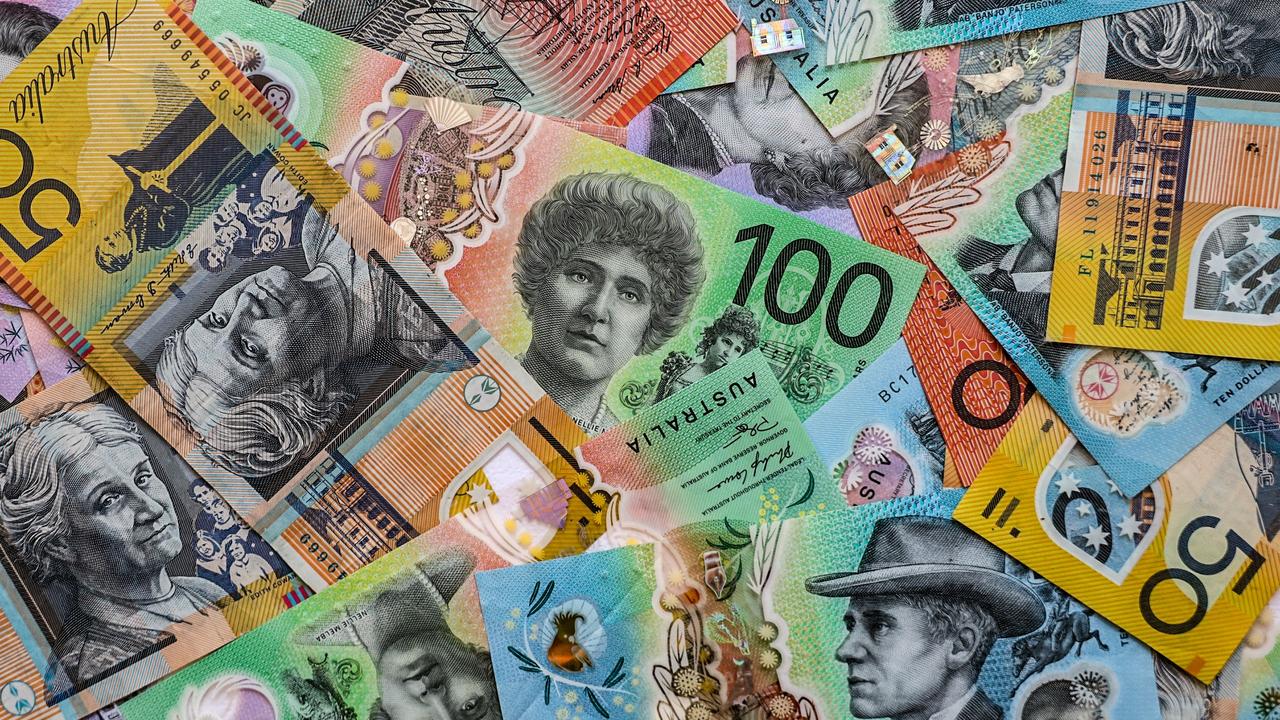Major crypto change hidden in federal budget
There are big changes on the way in how Aussies will pay tax on cryptocurrencies like bitcoin and dogecoin.

Bitcoin will no longer be treated as a foreign currency for tax purposes under a sweeping change included in the federal budget.
The government wants to clarify Australia’s treatment of digital currencies after El Salvador adopted bitcoin as legal tender last year.
It means cryptocurrency will be treated as an asset and investors will pay capital gains tax on profits when they sell or trade digital currency through an exchange.
“This maintains the current tax treatment of digital currencies, including the capital gains tax treatment, where they are held as an investment,” the budget papers said.

The incoming legislation will be backdated to income years that include July 1, 2021.
But the budget papers make it clear that any government-issued digital currency would continue to be taxed as a foreign currency.
More than one million taxpayers have interacted with the crypto ecosystem since 2018, the tax office estimates.
The Reserve Bank of Australia is undertaking a “ring fenced” pilot program exploring how digital currency could be used by consumers and businesses in Australia.
El Salvador is the first country to make bitcoin legal tender, alongside the US dollar, with President Nayib Bukele claiming it would deliver economic benefits.
He claimed it would help attract foreign investment in the country and shared ambitions of a “bitcoin city”.
But rather than prompting a wave of activity, bitcoin adoption remains low and the currency has lost much of its value.

The Australian government flagged it would take a fresh look at regulating the crypto sector amid an onslaught of advertising for digital currencies.
In what the government billed as a world first, Treasury will also “token map” the Australian crypto market.
Token mapping is the process of determining the characteristics of all digital tokens available in the country – from bitcoin to dogecoin.



